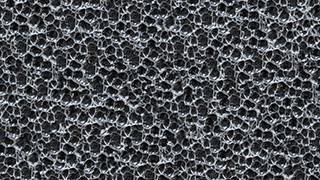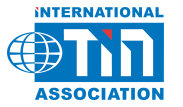 Sumitomo have patented the use of tin-nickel alloys in fuel cells that convert methane or hydrogen to electricity for electric vehicles. These ‘Celmet’ porous metal alloys have a high corrosion resistance and can be used in fuel cells as the electrode and gas diffusion layer. Toyota and Hyundai have already launched cars that use fuel cells and Sumitomo is a key supplier of components.
Sumitomo have patented the use of tin-nickel alloys in fuel cells that convert methane or hydrogen to electricity for electric vehicles. These ‘Celmet’ porous metal alloys have a high corrosion resistance and can be used in fuel cells as the electrode and gas diffusion layer. Toyota and Hyundai have already launched cars that use fuel cells and Sumitomo is a key supplier of components.
Solid Oxide Fuel Cells (SOFC) operate at high temperatures with very oxidising atmosphere, combining hydrogen and oxygen to make electricity. Porous metal materials are preferable to alternatives such as carbon in their construction because the gas can diffuse through them faster. Until now porous corrosion resistant stainless steel or nickel-chrome products have been used, but more recently chromium has come under potential regulatory pressure and nickel-tin alternatives perform well at less then 600’C.
The optimum product contained 10% tin in nickel and had comparable properties to a platinum mesh technology.
The work has been published in a number of journals and patents published.
International Journal of Hydrogen Energy paper, April 2017
WO Patent, August 2017
< Back to Fuel Cells
< Back to New Technologies


